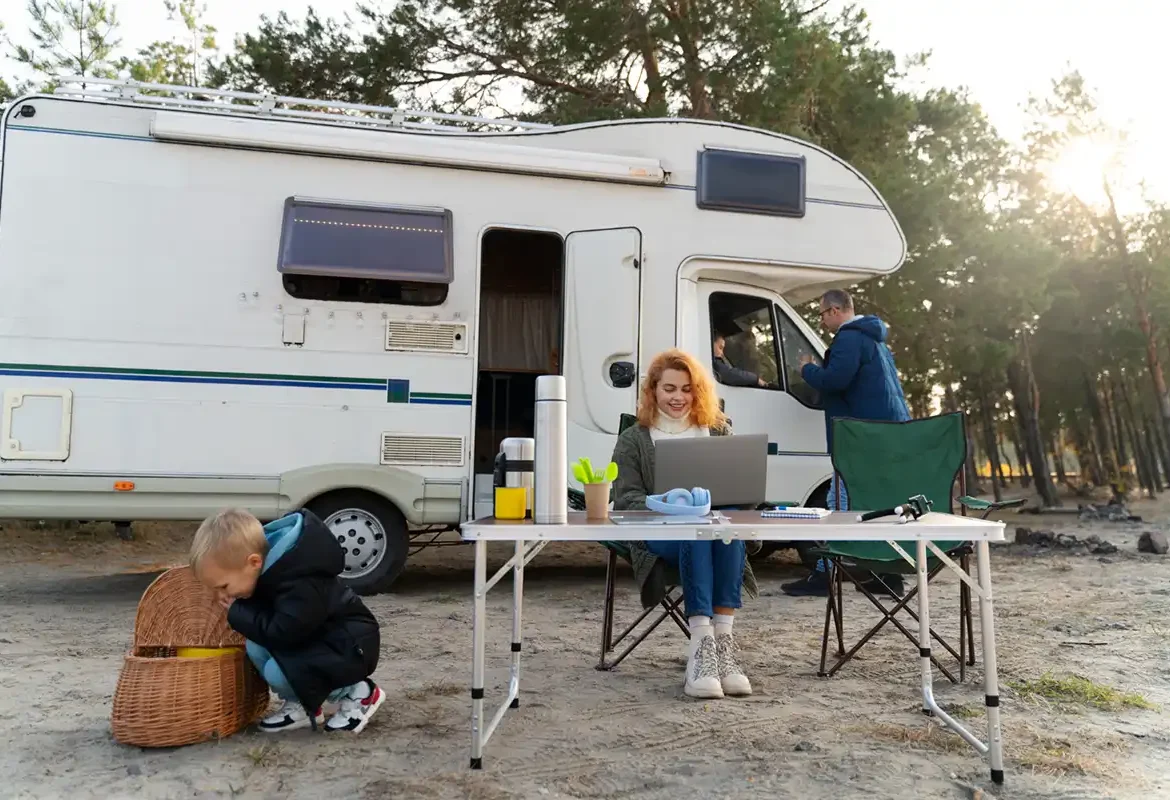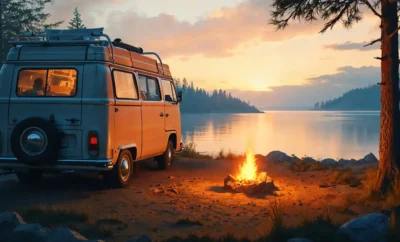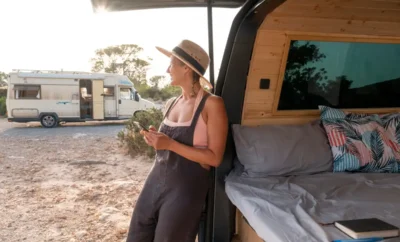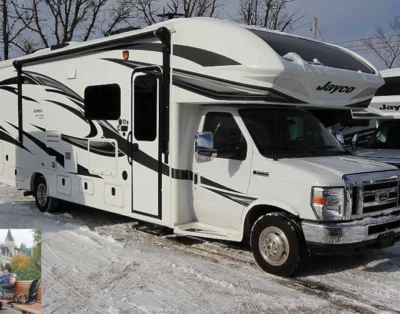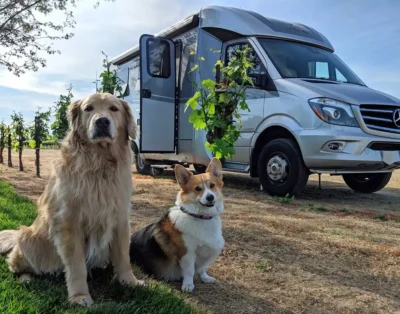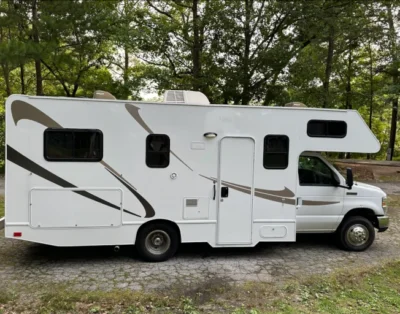RV Insurance in Canada: A Renter’s Guide to What You Need to Know
As someone who loves the freedom and adventure of road trips, renting an RV can be an exciting way to explore Canada’s beautiful landscapes. But, like any vehicle on the road, things don’t always go as planned. Whether it’s a fender bender, a flat tire, or worse, knowing how RV Insurance in Canada works can save you a lot of stress when something goes wrong.
Having gone through the experience myself, I’m here to share what you should know about RV insurance, especially if you’re renting. I’ll walk you through what to check before hitting the road, what to do if something happens while you’re cruising, and how to navigate the often tricky process of filing a claim. Let’s dive in!

RV Insurance in Canada:
1. What You Need to Know About Insurance When Renting an RV
Renting an RV is like borrowing a home on wheels, and insurance is just as important as when you’re renting a car. But it’s a bit more complex. Here are a few key points you need to know:
Understand Your Coverage Options
Most RV rental companies offer basic insurance coverage, but it’s not always comprehensive. You might be covered for damage to the vehicle itself, but what about the contents inside? What about liability if you cause damage to someone else’s property?
You’ll typically have two main options:
- Basic Coverage: This usually covers damage to the RV in case of an accident but might not cover everything. You’ll want to check whether this includes theft, vandalism, and personal belongings.
- Premium Coverage: This is often more comprehensive and may cover damage to the RV, personal property, and even roadside assistance. You can also get additional options like collision damage waivers (CDW), which limit your responsibility for damage.
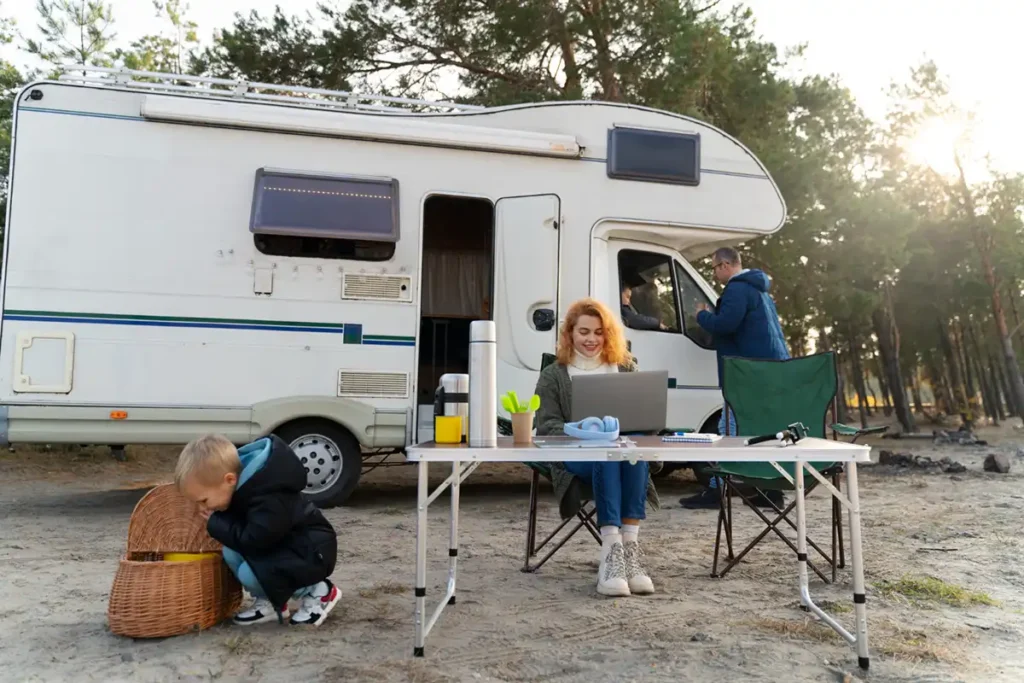
Check for Exclusions
Rental insurance policies have a list of exclusions. For example, many policies won’t cover damage if you’re driving under the influence, or if you’re in a restricted area (like off-road terrain). Check the fine print to understand any restrictions or exclusions that could leave you vulnerable.
Your Personal Insurance Might Help
If you already have car insurance, it may extend to rental RVs. But this can vary, so it’s crucial to call your insurance provider and confirm. Some credit card companies also offer coverage for rental vehicles, so make sure you know what’s included before heading out.

2. What to Do if Something Happens on the Road
Even with the best preparations, accidents can happen on the road. So, if you’re in a situation where you need to file an insurance claim, here’s what you should do:
Stay Calm and Assess the Situation
First and foremost, make sure everyone is safe. Check for injuries, and if needed, call emergency services right away. Your health and safety should always be your top priority.
Document Everything
This is a big one. Take pictures of the scene, including any damage to the RV, other vehicles, or property. If there are other people involved, exchange contact and insurance details. The more documentation you have, the smoother the claim process will be.
Report the Incident
Contact your RV rental company immediately. They’ll provide instructions on how to proceed with the claim, and they might want you to report the incident to the police (especially in cases of theft or serious accidents). It’s essential to follow their process because failure to report incidents correctly could lead to denied claims.
File a Police Report (if Necessary)
If the incident involves theft, vandalism, or a significant accident, a police report will be required. Ensure you get a copy of this report for your claim.
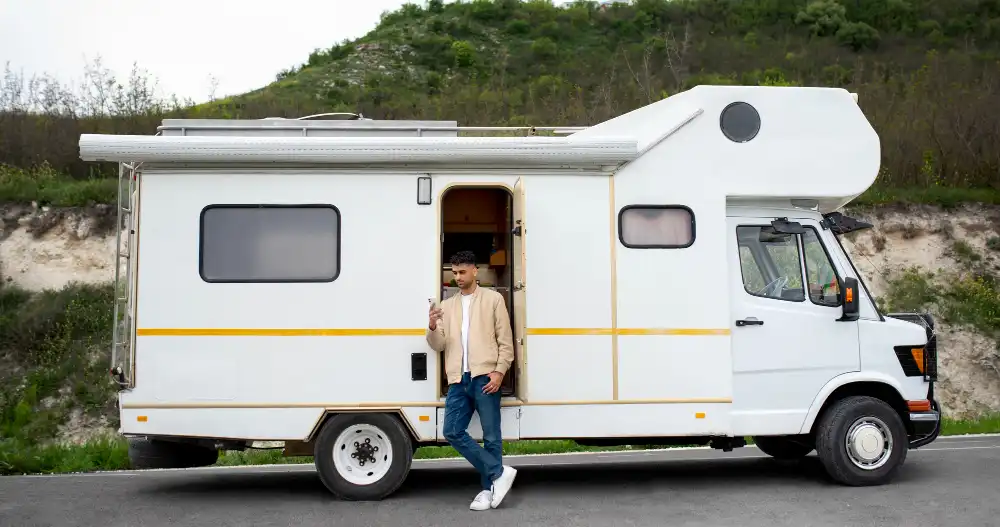
3. How to File an Insurance Claim
Once you’ve reported the incident, you’ll need to file a claim with either the rental company or your own insurance provider, depending on your coverage. Here’s how to do it:
Review Your Insurance Policy
Before you start the claim process, take a moment to review your policy. This helps you understand exactly what’s covered and what isn’t. This will also prevent surprises down the road.
Submit the Claim
Once you’re clear on what’s covered, gather all the necessary documentation and submit the claim. This usually includes:
- A copy of the police report (if applicable)
- Photos of the damage or incident
- Details of the accident, including other involved parties
- Your rental agreement
Follow Up Regularly
The claim process can take time, so don’t hesitate to follow up with your insurer or rental company. Keep a record of your communication and any actions they take.

4. Other Tips for a Smooth RV Rental Experience
Aside from insurance, here are some general tips to make sure your RV rental experience goes smoothly:
Do a Thorough Pre-Rental Inspection
Before you take off, do a detailed inspection of the RV. Check for any pre-existing damage and take photos. This helps ensure that you’re not held responsible for damage that wasn’t your fault.
Know the Road Laws
Canada has specific road laws that apply to RVs, including weight limits, speed limits, and parking regulations. Familiarize yourself with these to avoid fines or penalties while you’re on the road.
Keep an Emergency Kit
Having a basic emergency kit (first aid, flashlight, fire extinguisher, tire-changing tools, etc.) is a smart idea. You never know when a minor issue might turn into a bigger one, and being prepared makes a huge difference.
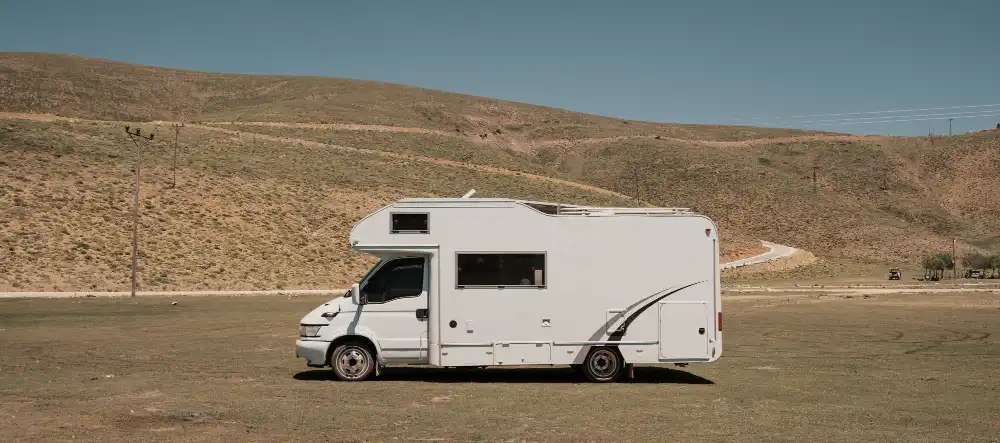
Final Thoughts
RV Insurance in Canada can seem daunting, but if you’re prepared and understand the details, it doesn’t have to be a headache. Make sure to check the coverage options before renting, document everything carefully, and know what to do if something goes wrong. If you take these precautions, you’ll be able to handle any bumps in the road (literally!) and get back to enjoying your adventure.
Safe travels and happy camping!

